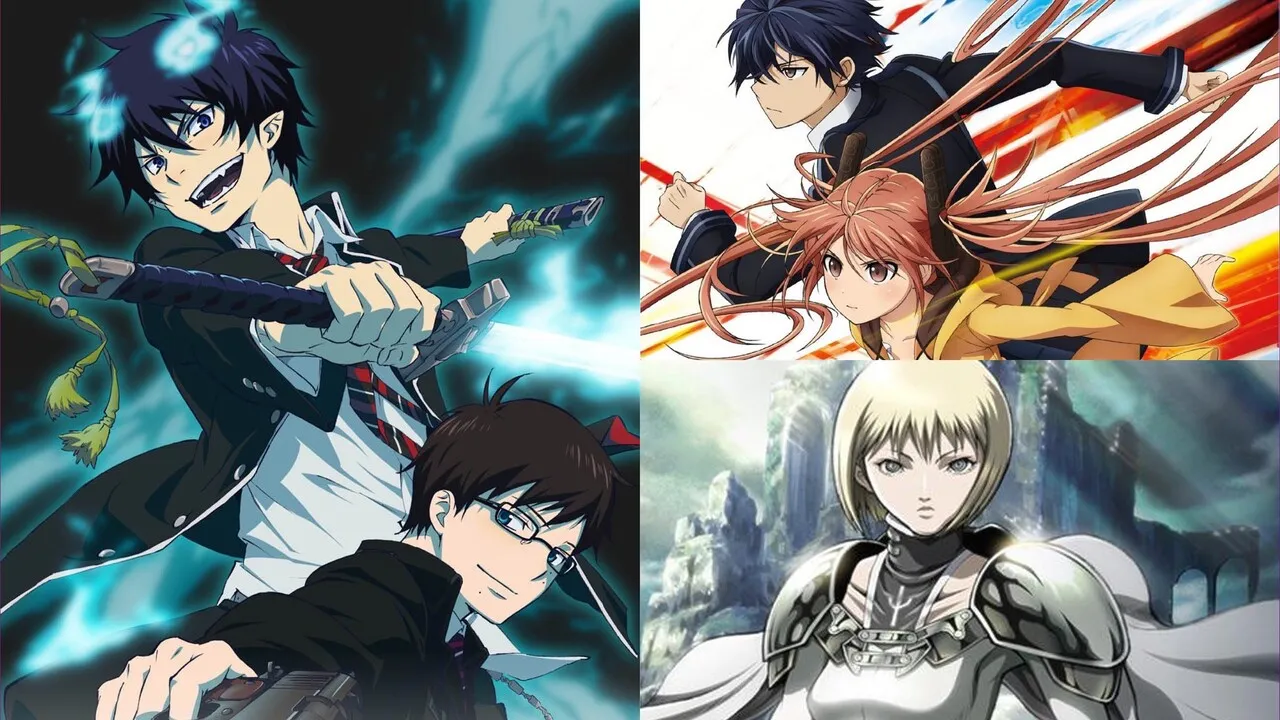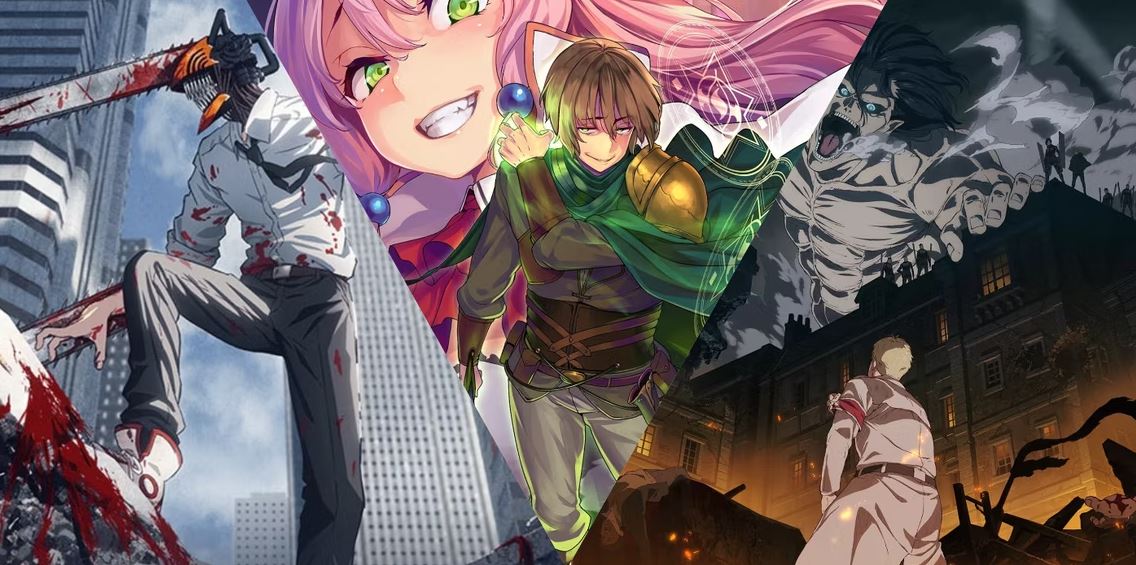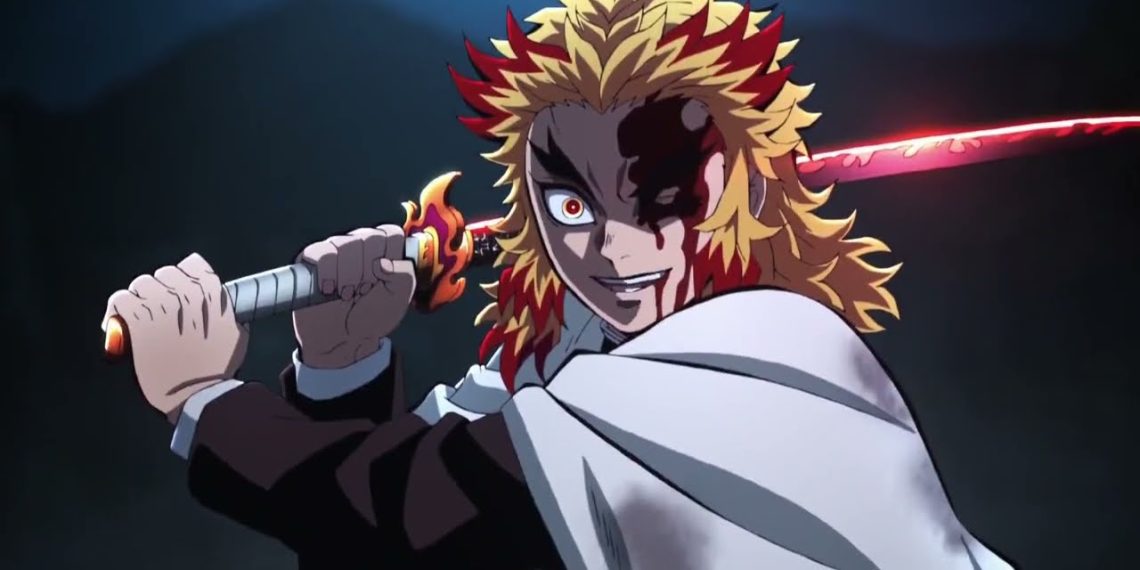A Florida school district has triggered controversy after pulling over 50 anime titles from school libraries. Among the banned were household names like Naruto, Death Note, and Demon Slayer, which officials labeled as “mental poison” that could negatively shape young minds. The move came after increasing pressure from parent groups concerned about violence, mature themes, and what they deem “perversion in animation.”
Administrators argue that the decision supports safer academic environments and reflects community standards. However, the backlash from students, educators, and national freedom-to-read advocates continues to grow, questioning what this means for creative exposure in schools.
School Officials Say Anime Encourages Rebellion and Perversion

The district’s official report states that many anime titles promote disobedience, graphic violence, and distorted morality. According to WTSP News, officials were especially concerned about series with death gods, demonic possession, and “highly suggestive content under the guise of school stories.”

“We’re not banning books,” one school board member stated. “We’re protecting our children from ideas they’re not developmentally ready for.” According to the same report, titles removed included Attack on Titan, Tokyo Ghoul, and even lighthearted entries like My Hero Academia. The decision followed recent state-wide changes that allow district-level discretion over reading material without public hearings.
Educators were reportedly given a list of titles “under review” and were instructed to immediately remove them from school collections. While officials insist the decision aligns with Florida’s education standards, critics say it opens doors to biased and politically motivated censorship.
Fans, Teachers, and Librarians Push Back

The backlash was swift. Students shared videos of empty library shelves on social media, sparking online outrage. Many teens accused the school board of “criminalizing Japanese culture.” On Reddit and TikTok, users trended the hashtag #LetUsReadAnime, comparing the ban to past censorship waves that targeted Harry Potter and comic books.
Several teachers spoke anonymously to NBC News, arguing that anime adaptations had boosted reading interest among reluctant readers. One high school librarian said, “If students feel seen through these characters, why are we taking that away?” Others point to the irony of removing stories that promote friendship, teamwork, and growth while claiming to protect morality.
National organizations like PEN America and the ALA also criticized the move, saying it restricts student access to diverse narratives and promotes a homogenized, fear-driven curriculum. They stress that young readers benefit from exploring complex emotions and topics through fictional frameworks.




